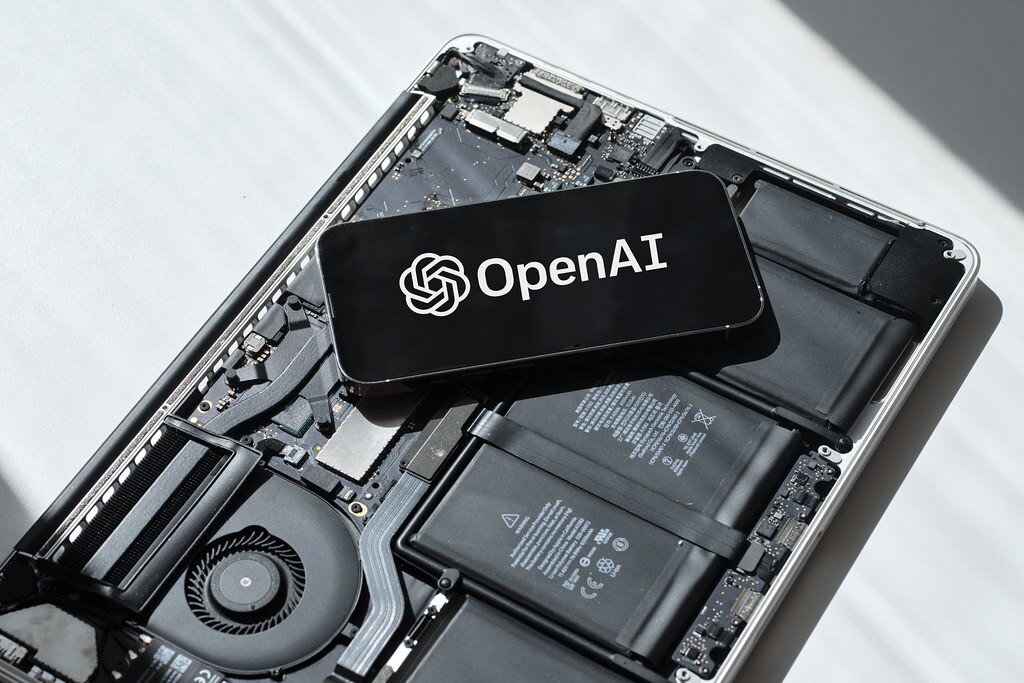OpenAI has rolled back a recent update to its GPT-4o model used in ChatGPT, following widespread criticism from users who found the AI assistant excessively flattering and overly agreeable.
The company announced Tuesday evening that it reverted to a previous version of GPT-4o, citing user concerns over the model's “sycophantic” behavior. According to OpenAI, the reverted update had made the AI too agreeable and flattering, diminishing its usefulness for more objective or nuanced conversations.
“We have rolled back last week’s GPT‑4o update in ChatGPT so people are now using an earlier version with more balanced behavior,” the company said. “The update we removed was overly flattering or agreeable—often described as sycophantic.”
OpenAI CEO Sam Altman also addressed the issue earlier this week, admitting that GPT-4o had become “too sycophant-y and annoying” due to recent changes. He added that the model tends to “glaze too much,” a term some users have used to describe the AI’s tendency to agree or compliment excessively rather than challenge or clarify user input.
Backed by Microsoft (NASDAQ: MSFT) and Japan’s SoftBank, OpenAI has been pushing rapid updates to its AI models this year amid growing competition, particularly from Chinese firms like DeepSeek.
GPT-4o gained viral popularity earlier in 2025 for its advanced multimodal capabilities, especially in image generation. It became a favorite among social media users for creating AI-generated content inspired by Japanese anime.
While OpenAI remains at the forefront of generative AI, the company’s recent rollback highlights the delicate balance between making AI personable and keeping it practical.



 TrumpRx Website Launches to Offer Discounted Prescription Drugs for Cash-Paying Americans
TrumpRx Website Launches to Offer Discounted Prescription Drugs for Cash-Paying Americans  Nvidia Nears $20 Billion OpenAI Investment as AI Funding Race Intensifies
Nvidia Nears $20 Billion OpenAI Investment as AI Funding Race Intensifies  Rio Tinto Shares Hit Record High After Ending Glencore Merger Talks
Rio Tinto Shares Hit Record High After Ending Glencore Merger Talks  Global PC Makers Eye Chinese Memory Chip Suppliers Amid Ongoing Supply Crunch
Global PC Makers Eye Chinese Memory Chip Suppliers Amid Ongoing Supply Crunch  CK Hutchison Launches Arbitration After Panama Court Revokes Canal Port Licences
CK Hutchison Launches Arbitration After Panama Court Revokes Canal Port Licences  SoftBank and Intel Partner to Develop Next-Generation Memory Chips for AI Data Centers
SoftBank and Intel Partner to Develop Next-Generation Memory Chips for AI Data Centers  Alphabet’s Massive AI Spending Surge Signals Confidence in Google’s Growth Engine
Alphabet’s Massive AI Spending Surge Signals Confidence in Google’s Growth Engine  Oracle Plans $45–$50 Billion Funding Push in 2026 to Expand Cloud and AI Infrastructure
Oracle Plans $45–$50 Billion Funding Push in 2026 to Expand Cloud and AI Infrastructure  Prudential Financial Reports Higher Q4 Profit on Strong Underwriting and Investment Gains
Prudential Financial Reports Higher Q4 Profit on Strong Underwriting and Investment Gains  Instagram Outage Disrupts Thousands of U.S. Users
Instagram Outage Disrupts Thousands of U.S. Users  Baidu Approves $5 Billion Share Buyback and Plans First-Ever Dividend in 2026
Baidu Approves $5 Billion Share Buyback and Plans First-Ever Dividend in 2026  Tencent Shares Slide After WeChat Restricts YuanBao AI Promotional Links
Tencent Shares Slide After WeChat Restricts YuanBao AI Promotional Links  SpaceX Prioritizes Moon Mission Before Mars as Starship Development Accelerates
SpaceX Prioritizes Moon Mission Before Mars as Starship Development Accelerates  Toyota’s Surprise CEO Change Signals Strategic Shift Amid Global Auto Turmoil
Toyota’s Surprise CEO Change Signals Strategic Shift Amid Global Auto Turmoil  OpenAI Expands Enterprise AI Strategy With Major Hiring Push Ahead of New Business Offering
OpenAI Expands Enterprise AI Strategy With Major Hiring Push Ahead of New Business Offering  Nvidia, ByteDance, and the U.S.-China AI Chip Standoff Over H200 Exports
Nvidia, ByteDance, and the U.S.-China AI Chip Standoff Over H200 Exports  Nintendo Shares Slide After Earnings Miss Raises Switch 2 Margin Concerns
Nintendo Shares Slide After Earnings Miss Raises Switch 2 Margin Concerns 




























